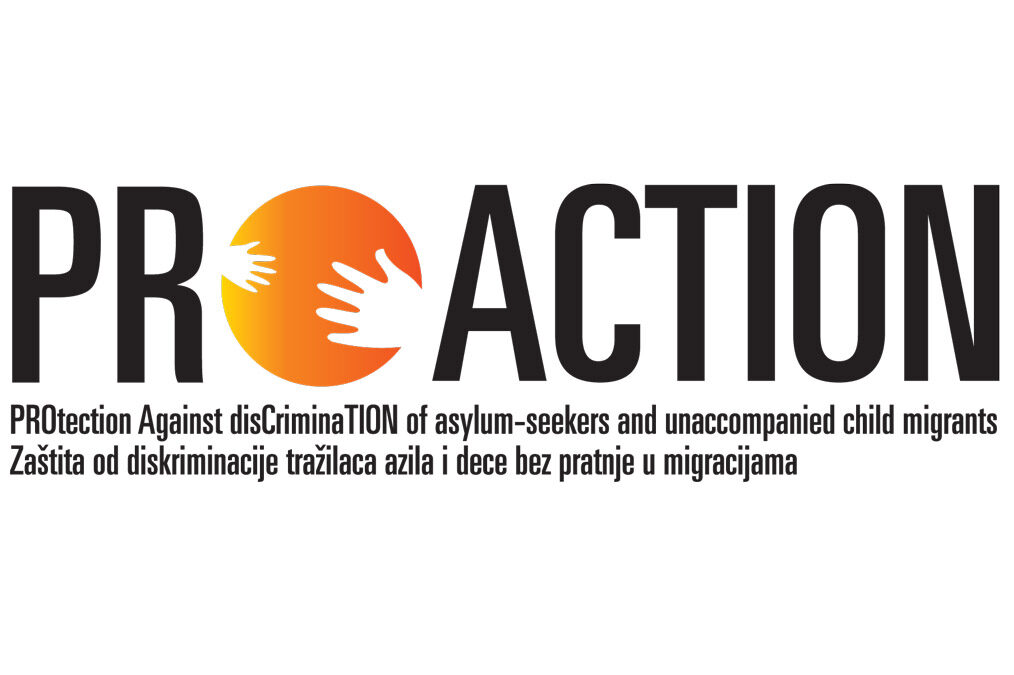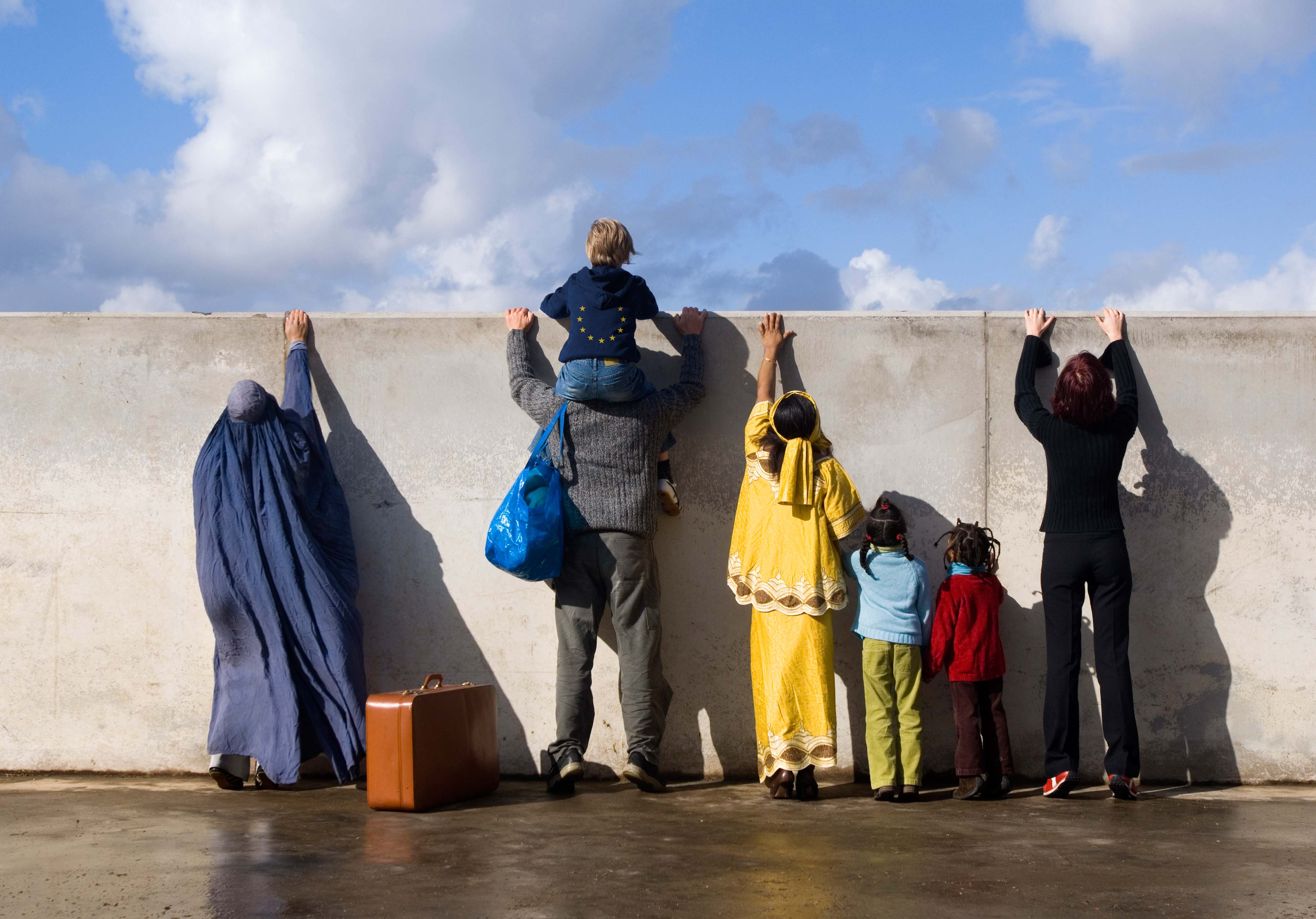
Nov 15, 2015
This new Guide published today by the ICJ aims at providing legal practitioners and human rights advocates with updated knowledge about the applicable standards for the protection of economic, social and cultural rights (ESC rights) in Zimbabwe.
The Guide is an adaptation of existing publications elaborated by the ICJ in the past years. It is largely based on the ICJ Practitioners Guide No. 8: “Adjudicating Economic, Social and Cultural Rights at National Level”.
It can be downloaded here: Zimbabwe-Guide ESCR web-Publications-Thematic Report-2015-ENG (full report in PDF)

Apr 22, 2015
The ICJ-European Institutions, Group 484 and Praxis are holding a training on migration, discrimination and international human rights law starting on 22 April in Belgrade (Serbia).The training, delivered by the ICJ-European Institutions, includes officers of the Government’s administration and agencies, and members of Serbian civil society dedicated to the defence of migrants’ and refugees’ rights. It has been organised in cooperation with Group 484 and Praxis, under a grant of the EU Civil Society Facility Serbia Programme IPA/2014/190. The training will focus on:
- General concepts of EU human rights law, international human rights law and EU accession;
- Detention of migrants under EU and international human rights law;
- The concept of discrimination in economic, social and cultural rights under EU and international human rights law;
- The right to the highest attainable standard of health under international and EU law;
- The right to adequate housing under EU and international law;
- The right to education under EU and international law.
Finally, civil society members present at the training will gather to design indicators to measure progress in the respect, protection and fulfilment of these rights.
Serbia-PROACTION-TrainingMigrationDiscrimiantionHR-Agenda-2015-eng (download the agenda)
Serbia-HR&DiscriminationMigration-Training-ICJGrupa484Praxis-Handbook-2015-eng (download the handbook)

Oct 31, 2012
 At the invitation of the Government of Taiwan and Covenant Watch, a coalition of NGOs in Taiwan, the ICJ led a three-day training programme in Taipei, Taiwan, on the UN treaty body periodic reporting process.
At the invitation of the Government of Taiwan and Covenant Watch, a coalition of NGOs in Taiwan, the ICJ led a three-day training programme in Taipei, Taiwan, on the UN treaty body periodic reporting process.
As a territory not recognised by the international community as a sovereign state, Taiwan is not a member of the United Nations in its own right. The UN Secretary General has consequently been unable to accept Taiwan’s deposit of instruments of accession to the International Covenant on Civil and Political Rights (ICCPR) and the International Covenant on Economic, Social and Cultural Rights (ICESCR). The UN Human Rights Committee and Committee on Economic, Social and Cultural Rights have similarly been unable to review Taiwan’s initial reports under the ICCPR and ICESCR.
Taiwan has therefore initiated a parallel review process, whereby two Committees of Independent Experts will review the implementation of the provisions of the ICCPR and ICESCR in Taiwan. The ICJ delivered training in Taipei from 29 to 31 October 2012 on the treaty body review process and the way that Taiwanese civil society and the Government may engage in this parallel review process.
Taiwan-TBReviewProcess-TrainingAgenda (2012) (download training agenda in PDF)

Sep 30, 2012
 In seguito ai seminari tenuti a Milano e Roma lo scorso settembre, l’ICJ ha pubblicato il 7 dicembre 2012 una raccolta di giurisprudenza e normativa internazionale relativa ai diritti dei migranti e richiedenti asilo.
In seguito ai seminari tenuti a Milano e Roma lo scorso settembre, l’ICJ ha pubblicato il 7 dicembre 2012 una raccolta di giurisprudenza e normativa internazionale relativa ai diritti dei migranti e richiedenti asilo.
Questa opera è una raccolta di giurisprudenza internazionale, correlata dalle relative norme del diritto pattizio, e dedicata a specifici temi del diritto internazionale dei diritti umani sull’immigrazione ed il diritto di asilo. Essa permette all’operatore del diritto di accedere direttamente, direttamente in italiano, alle fonti del diritto internazionale, alle sentenze chiave dei meccanismi di protezione internazionale dei diritti umani ed alle norme relative. La traduzione è ufficiosa e si rimanda al testo originale per ogni citazione ufficiale.
Lo scopo di questo lavoro è di servire da strumento pratico per l’operatore del diritto nel lavoro di tutti i giorni. La raccolta è anche uno strumento indispensabile in seminari di formazione ed aiuta a restare al passo con la giurisprudenza internazionale in costante evoluzione. Tale collezione raccoglie argomenti mirati, relativi ai diritti dei migranti, e verrà aggiornata, e gli argomenti espansi, attraverso il tempo.
Infine, occorre ricordare che il presente compendio é un complemento della guida per operatori del diritto dell’ICJ numero 6 intitolata L’immigrazione e la normativa internazionale dei diritti umani, disponibile gratuitamente sul nostro sito.
Casescollection-training-migration-ita-2012 (scarica la raccolta cliccando sul link)
Photo credit: © Commissione Europea (la Commissione Europea non ha nessun coinvolgimento in, né sostiene questa pubblicazione)

Feb 16, 2011
 The NGO Coalition for an Optional Protocol to the International Covenant on Economic, Social and Cultural has launched a Toolkit for Action to support the ratification and implementation of the Protocol.
The NGO Coalition for an Optional Protocol to the International Covenant on Economic, Social and Cultural has launched a Toolkit for Action to support the ratification and implementation of the Protocol.












